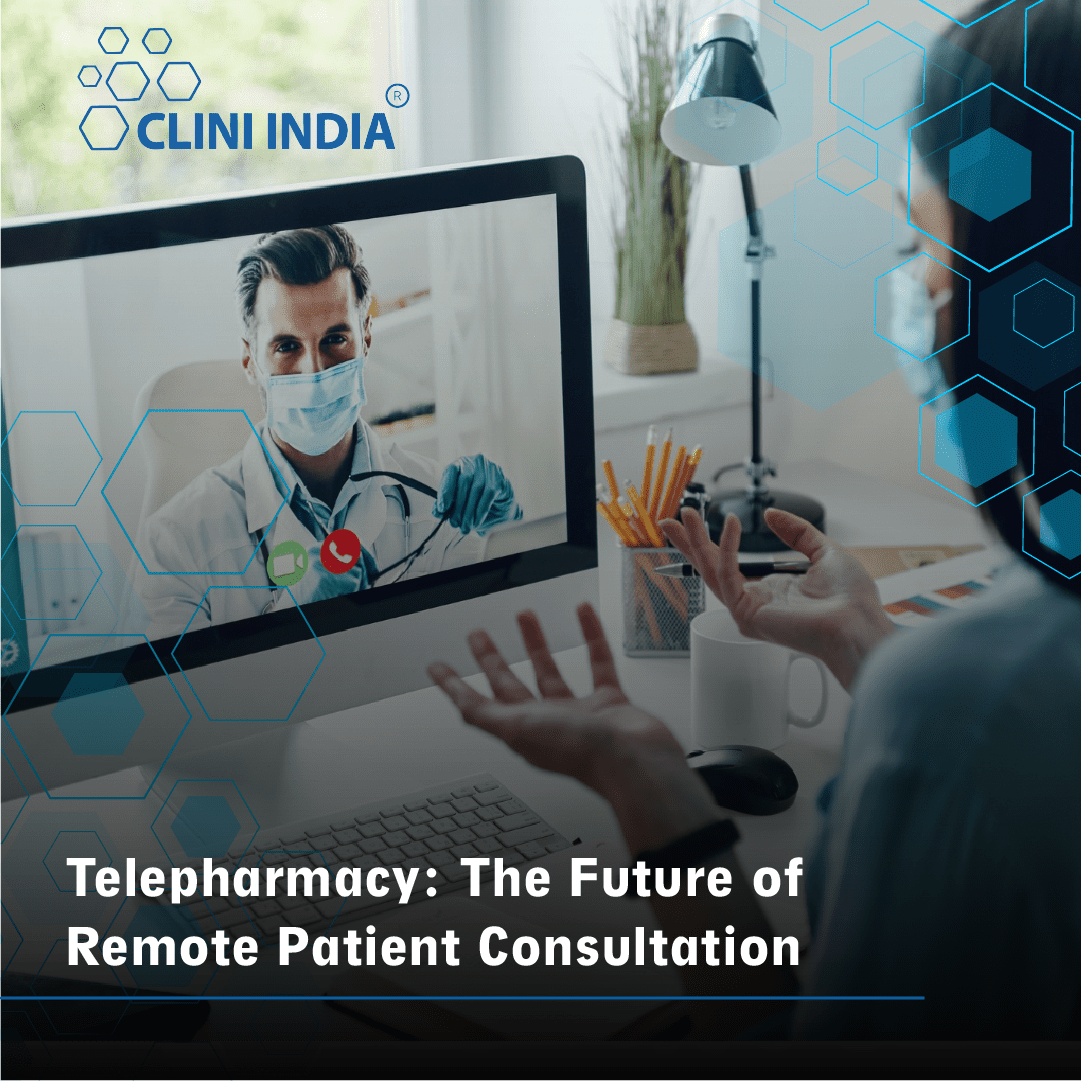
Artificial Intelligence in Clinical Research: Revolutionizing Drug Development
The advent of Artificial Intelligence (AI) has significantly transformed various industries, and clinical research is no exception. AI is reshaping the way clinical trials are designed, conducted, and analyzed, leading to improved efficiency, reduced costs, and enhanced patient outcomes. This technological revolution is expediting drug discovery, optimizing trial processes, and facilitating data-driven decision-making.
AI in Drug Discovery and Trial Design
One of the most time-consuming aspects of clinical research is drug discovery. AI-powered algorithms can rapidly analyze vast datasets to identify potential drug candidates, predict their efficacy, and even assess potential side effects. Machine learning models help in virtual screening, reducing the need for expensive and time-consuming laboratory experiments.
Moreover, AI aids in designing clinical trials by analyzing historical data to identify optimal patient populations, determine appropriate endpoints, and predict potential challenges. This data-driven approach enhances trial success rates and minimizes the risk of failure.
Patient Recruitment and Monitoring
Patient recruitment is one of the major bottlenecks in clinical research. AI-driven platforms analyze electronic health records (EHRs), social media, and genetic data to identify eligible patients, thereby accelerating the recruitment process. By automating this process, AI reduces the time and cost associated with patient enrollment.
Once trials commence, AI-powered wearable devices and remote monitoring tools continuously track patient vitals and adherence to treatment protocols. Real-time data analysis enables early identification of adverse effects and ensures timely intervention, improving patient safety and trial integrity.
AI in Data Analysis and Interpretation
Clinical trials generate vast amounts of data, which can be overwhelming for traditional analytical methods. AI leverages natural language processing (NLP) and machine learning to extract valuable insights from unstructured and structured data sources. This enhances the accuracy of data interpretation, leading to more informed decision-making.
AI algorithms also assist in predictive analytics, helping researchers identify patterns and correlations that might not be immediately apparent. This capability is crucial in identifying potential biomarkers, refining treatment strategies, and personalizing medicine.
Regulatory and Ethical Considerations
Despite its numerous advantages, the integration of AI in clinical research comes with regulatory and ethical challenges. Ensuring data privacy, maintaining transparency in AI decision-making, and addressing biases in AI models are crucial considerations. Regulatory agencies, such as the FDA and EMA, are actively working on guidelines to facilitate the ethical implementation of AI in clinical research.
The Future of AI in Clinical Research
The future of AI in clinical research looks promising. As AI technologies continue to evolve, we can expect further advancements in drug discovery, adaptive clinical trial designs, and precision medicine. AI-driven automation and data analytics will continue to enhance efficiency, reduce costs, and accelerate the delivery of life-saving treatments.
AI is revolutionizing clinical research by optimizing drug discovery, improving trial efficiency, and enhancing patient care. Embracing AI-driven innovations will not only speed up the research process but also pave the way for a new era of personalized medicine and improved healthcare outcomes.


























































